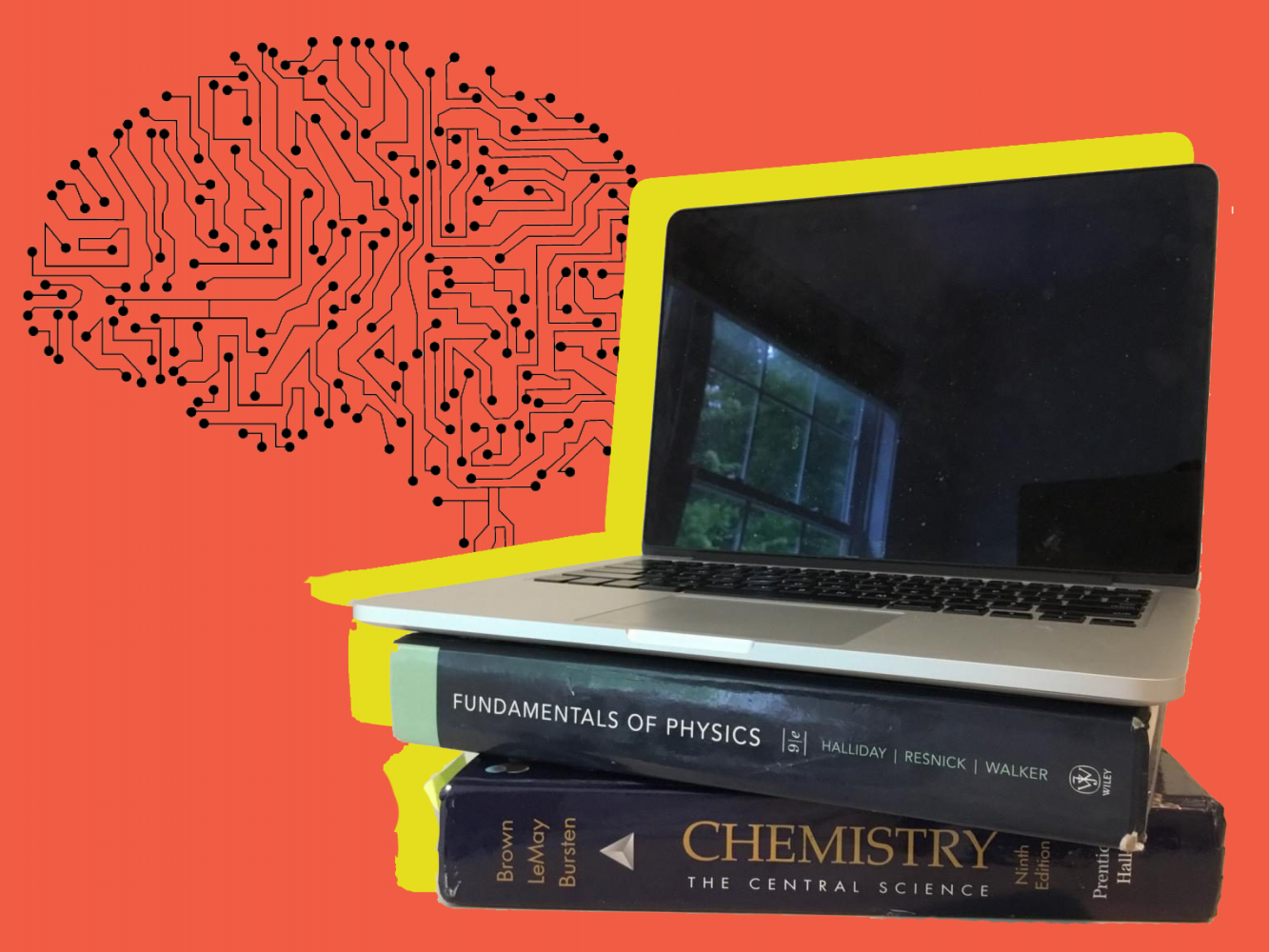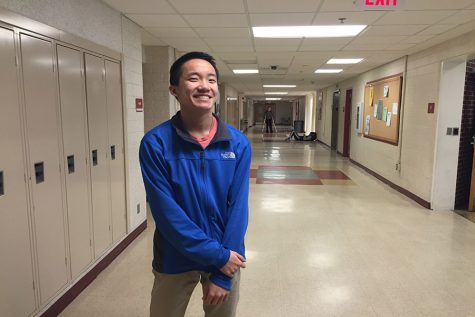District technology officials are planning to launch a Bring Your Own Device (BYOD) pilot program at Algonquin this fall. After positive effects from the current implementation of technology in the classroom, many faculty members are looking forward to such an idea.
Requiring students to bring in a laptop or Chromebook, Assistant Superintendent Gregory Martineau feels that such a plan would fulfill the high demand for access to technology in the status quo.
“[With a BYOD program], a student would have access to his or her device 24/7 and he or she would be able to leverage technology for learning at home and school,” Martineau said. “Currently, technology devices funded through the operational budget are only available during school hours.”
This plan would not place a burden on students who are unable to afford a laptop or refuse to buy one.
“The goal of the BYOD program is to provide an option for students to utilize their technology tools at school,” Martineau said. “The District will continue to provide students with appropriate access to technology at school, regardless of the adoption of a BYOD program.”
Before fully adopting a BYOD program, the District plans to implement a pilot version at Algonquin and proceed forward if the program is successful. 
“The timeline is to launch the pilot in the fall of 2017 and communicate a formal plan to the superintendent in January of 2018,” Martineau said.
Currently, Algonquin owns 240 chromebooks and 300 iPads for use in classrooms. Instructional teacher Julie Doyle has already seen benefits from the school’s current usage of Chromebooks and iPads.
“There’s a lot of benefits to using technology,” Doyle said. “The ability to collaborate, to communicate, to reach out beyond the walls of the classroom, to experts in other schools, even globally, and to build on student creativity.”
Science teacher Dan Welty, a devout user of iPads in the classroom, sees many advantages to using technology to facilitate learning. He teaches in a style called flipped learning, in which students learn material at home and apply their knowledge with interactive projects in the classroom.
“It’s all about students creating things,” Welty said. “They’re creating blogs, digital books, screencasts, slide presentations… It’s all about making that learning more authentic and personal to them by creating something.”
Welty looks forward to the adoption of a BYOD program.
“For me, I can’t wait until we do it,” Welty said. “I’ve already used technology and changed my teaching to accommodate and encourage that use. When students bring [their own device], it challenges the teacher to create new, meaningful assignments that they can now do on a laptop, on an iPad, that they couldn’t do on pencil-and-paper.”
However, history teacher John Barry warns of the potential overreliance on technology in school.
“I’m not telling you that I’m proud of the fact that I’m considered the teacher that uses less technology than the next one,” Barry said. “I’m interested in [technology], I have to do a better job of that. But at the same time, and I say this all the time, I do worry sometimes that we couldn’t teach our way out of a power outage…you’ll hear teachers say ‘there goes my lesson plan.’”
Likewise, junior Alex Chen advises that teachers should not force this technology use.
“Teachers shouldn’t be using technology for the sake of using technology, which happens a lot,” Chen said.
Among the differing opinions, Doyle is optimistic about its success.
“I think the school is ready,” Doyle said. “Teachers and students expressed a desire and a real need to allow students to have their own device in class.”
Graphic Cassidy Wang




